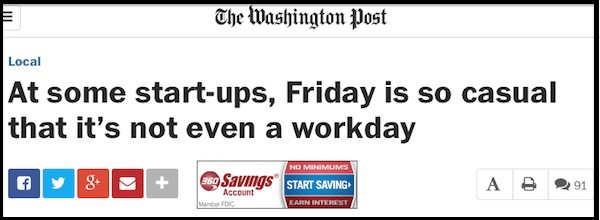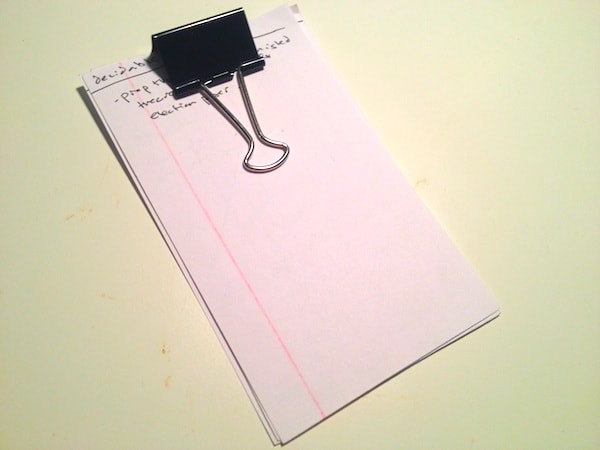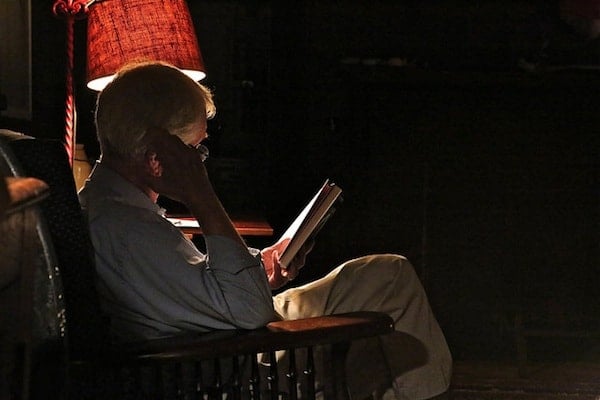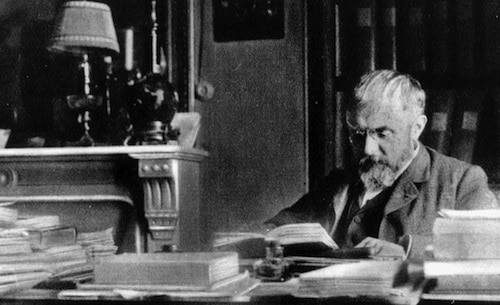
Super Casual Friday
Last week, an article in the Washington Post caught my attention. It was titled, “At some start-ups, Friday is so casual that it’s not even a work day,” and it focused on an Oregon-based tech company called Treehouse.
This company, it turns out, offers an unusual perk to its employees: no work on Friday.
The idea of a four day week upset people in the tech world. Michael Arrington, for example, responded:
“As far as I’m concerned, working 32 hours a week is a part-time job…I look for founders who are really passionate. Who want to work all the time. That shows they care about what they’re doing, and they’re going to be successful.”
But here’s the thing: Treehouse is successful.
The company, which offers online courses, has enrolled over 100,000 students and raised over $13 million in funding. Last year saw 100% revenue growth, and, perhaps not surprisingly, they have near 100% employee retention.





